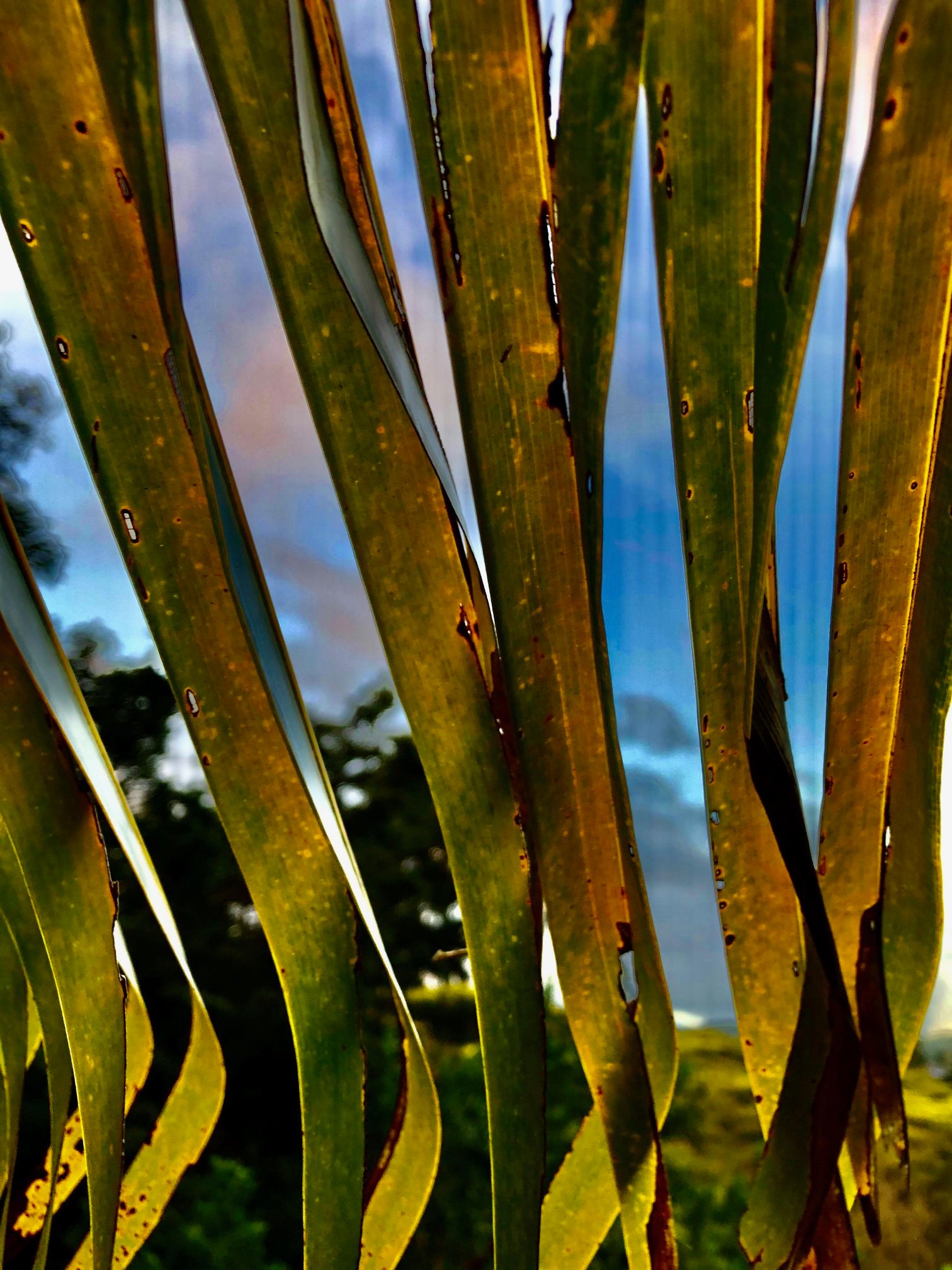Relax Your Shoulders by Dawn Summers
 The Weight (of the world) on Your Shoulders?
The Weight (of the world) on Your Shoulders?
Well, at least it’s just the weight of YOUR world unless you are a world leader!
So, how do you carry that? Obviously, you can’t reduce the mass of that necessary part above your shoulders – your head! So, we need to work with alignment (bones/spine) and muscles.
One student who came to class had ongoing shoulder tension from playing and teaching guitar. After the first class, which I created to include some postures I knew would help him, his shoulder tension was gone. This was a good motivation for him to work with me for a short personal practice to do on his own, which continues to work well for him. This has also been effective for several other students after doing a personal shoulder practice for only a week.
My shoulders have never complained much, but they have been a work in progress to address my rounded upper back/excessive kyphosis which has them rounded forward. Both have improved with consistent and creative practice, as well as other activities like swimming and resistance work to keep things strong and mobile. However, before you start throwing weights around I suggest you understand your shoulder more from yoga practice. Otherwise, you can injure yourself or create secondary tension in your neck or elsewhere.
We’ll learn some of the best secrets for un-doing that shoulder tension in the Relax Your Shoulders Workshop on July 25. Like Swami Satchidananda says, “Yoga is not Hindu, it’s UnDo!”
Please join Dawn for a Relax Your Shoulders Online Workshop Sat. July 25 @ 1:00 pm – 3:00 pm PDT.



